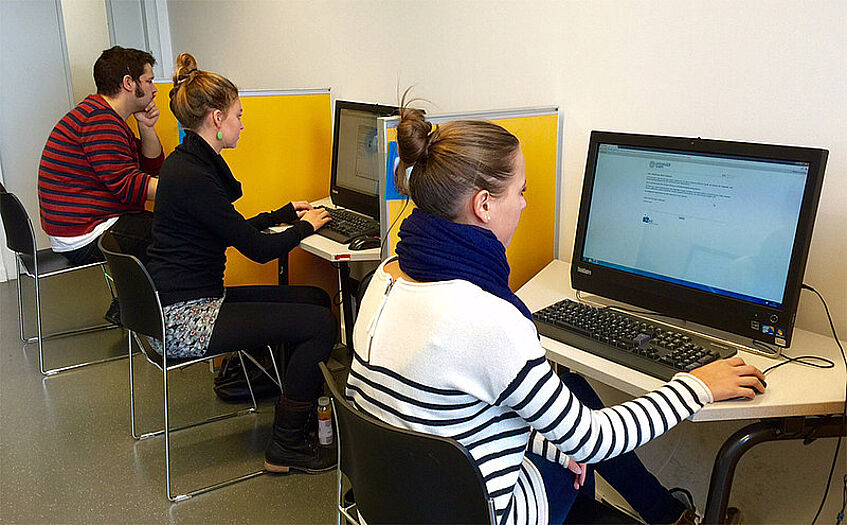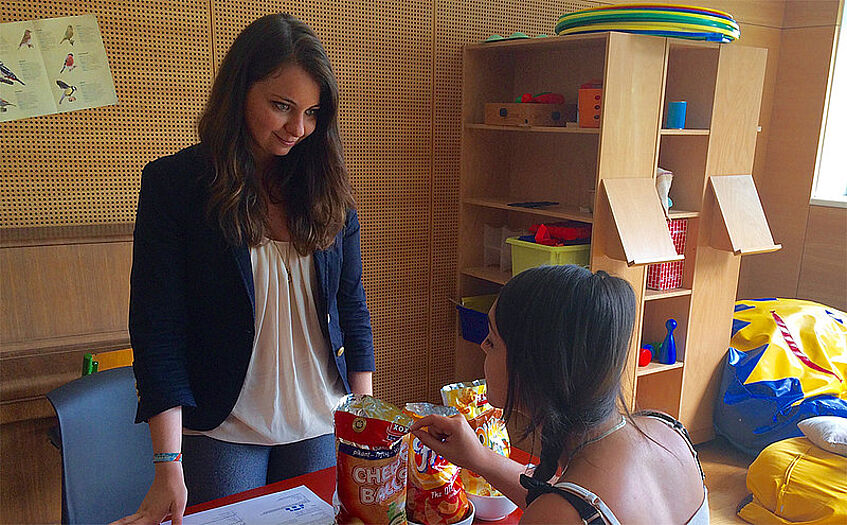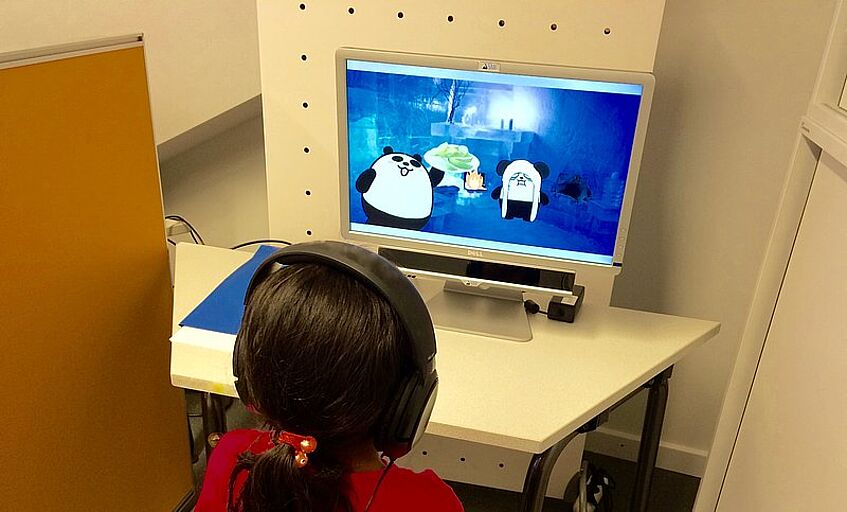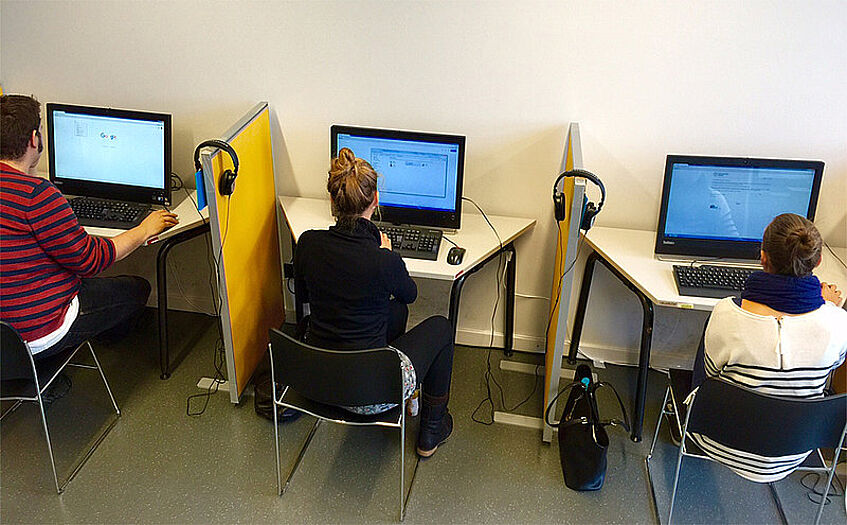The AdMe's Research Lab provides faculty members as well as undergraduate and graduate students with the opportunity to conduct innovative experimental and survey research projects on the reception of media content as well as the psychological effects of (mass mediated) communication. Since its opening in 2011, we have been running numerous studies in our lab involving more than 5,000 participants, using computer-assisted research methods.
The lab consists of individual work spaces that allow for controlled media reception, media effects, behavioral as well as survey studies. Our lab projects are either conducted as individual sessions or as group sessions with up to eight participants taking part simultaneously. We have been using the lab to analyze learning, explicit and implicit attitudes, or affective outcomes in the fields of political or commercial advertising, political communication, or journalistic (online) news.
Moreover, the lab is equipped with a state-of-the-art stationary eye-tracking system. The system allows us to precisely analyze a recipient's eye movements during media reception, thus offering intriguing insights that don't depend on participants' self-reports. For instance, we have investigated how individuals perceive visuals in the news, allocate their attention to political amd commercial advertisements, or process news on social media. During a typical experimental session, participants look at political or commercial stimuli (e.g., advertisements, newspapers, online sites) on the computer screen while their eye movements are unobtrusively observed by an infrared light source. The eye-tacking system records and analyzes, for instance, the fixation time, fixation counts, or the gaze plot of a particular area of interest.
The empirical studies conducted in AdME's Research Lab have led to a better understanding of various questions in the field of communication research and resulted in several top-ranked international publications which can be found here.
* All images © AdMe




